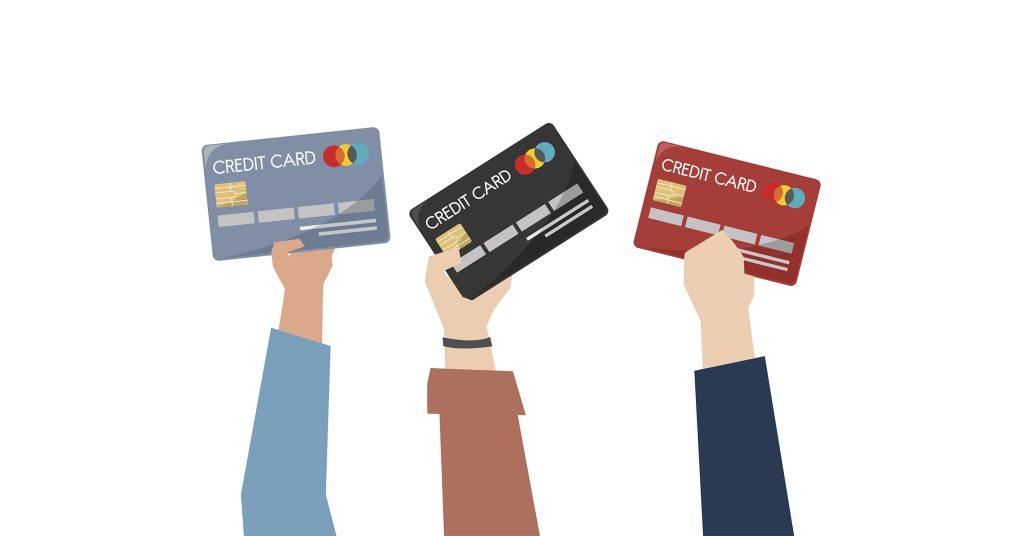Definition
A Balance Transfer allows you to move the debt you have on one credit card onto a different credit card. This is usually done to save on interest repayments when moving over debt from a high-interest card to one with a lower interest rate.
Transferring your balance helps you by consolidating multiple payments on a single card, and in some cases, will help you reduce the amount of interest you’re paying so more of that money can go to your principal balance.
How does a balance transfer work?
You can set up a balance transfer from your new or existing credit card. Balance transfers are usually completed over the phone, or online. When doing so you’ll have to provide the account number of the card you’re transferring over the balance from, as well as the amount you want transferred. Your new card issuer will then decide whether they will approve the full amount, or partial amount of what you’ve requested. Balance transfers and any associated fees will usually count towards your credit card limit on the card that the balance is transferred to.
Depending on the issuer, this could take up to three weeks to be completed. While waiting for the new card issuer to approve and complete your balance transfer, you’ll still have to make payments on your old account. The last thing you’d want to deal with is adding late payment fees to your debt.
What should you look for?
- What is your card’s balance transfer fee?
- Is there an annual card fee?
- Is there an introductory interest rate? If so, how long does it last?
- How long does it take to complete a balance transfer?
- Is there an intro rate on purchases as well as balance transfers?
- How much can you transfer over?
- Are there any restrictions with transferring between cards?
- What happens if you don’t pay off the transferred balance before the intro rate period is over?
Should you consider a balance transfer?
If you have debt with a higher interest rate, it may save you money by switching over to a card with a lower interest rate. Balance transfers are also good for those who have a harder time keeping track of and managing multiple payments every month. It also can offer you more time to pay back your debt if it comes with a promotional offer, like a 0% introductory rate. Before applying for a new card and requesting for a balance transfer, be sure to do your research and look into the terms of the issuer’s offer. That 0% introductory rate won’t last forever and you don’t want to be paying for an interest rate that’s even worse than the one you were trying to avoid.
When should you avoid taking advantage of a balance transfer?
Most cards will only offer a 0% introductory rate if you have good or excellent credit. If you don’t meet this requirement, you should avoid applying for the credit card as being declined will only hurt your credit score more. You’ll also want to check to see if there’s a balance transfer fee, as most cards now have a 3-5% transfer fee. If you’re able to pay off your current balance in a few months, you could potentially save more by staying with your current card than you would by switching over and paying the fee. Some cards also require that you pay off all your balances in full, including those transferred under an offer, before making new purchases. Otherwise, you will be charged interest for those purchases.
Balance transfers should also not be used as a way to postpone the repayment of your debt. You should only use it if you have the intentions and a plan for paying it off. Instead, you should use a balance transfer card with a 0% APR Introductory Rate to pay off as much of your debt as possible, before the promotion period ends, to avoid interest.
Important Things to Remember
- You cannot transfer a balance between cards issued from the same credit union or bank.
- You generally need good or excellent credit to be approved for an Introductory Rate of 0% APR on a balance transfer credit card.
- Certain issuers will also allow transfers from certain types of loans to your balance transfer card – be sure to ask the issuer before applying.
- A balance transfer will not affect your credit directly; however, as it is still a credit card, opening one can lead to changes that will affect your credit score.
- Having more open lines of credit is usually good for your credit score. If you don’t plan on continuing to use your old card, and there’s no annual fee, keep the account open.
Transferring your debt is not the same as repaying debt
Through a balance transfer you are essentially moving debt over from card to another, with the goal of paying off the principle by saving money on interest. You will still need to pay off your credit card debt through your new issuer so you can eliminate or avoid interest. You can also add new debt when making purchases on the new card.
Sources:
What is a Balance Transfer?
How it Works, Credit Score Impact, Fees & More
Should I Do One?
Related Links:
What Should I Look for in a Credit Card?
HFS Rewards Visa Credit Card
uChoose Rewards Program

